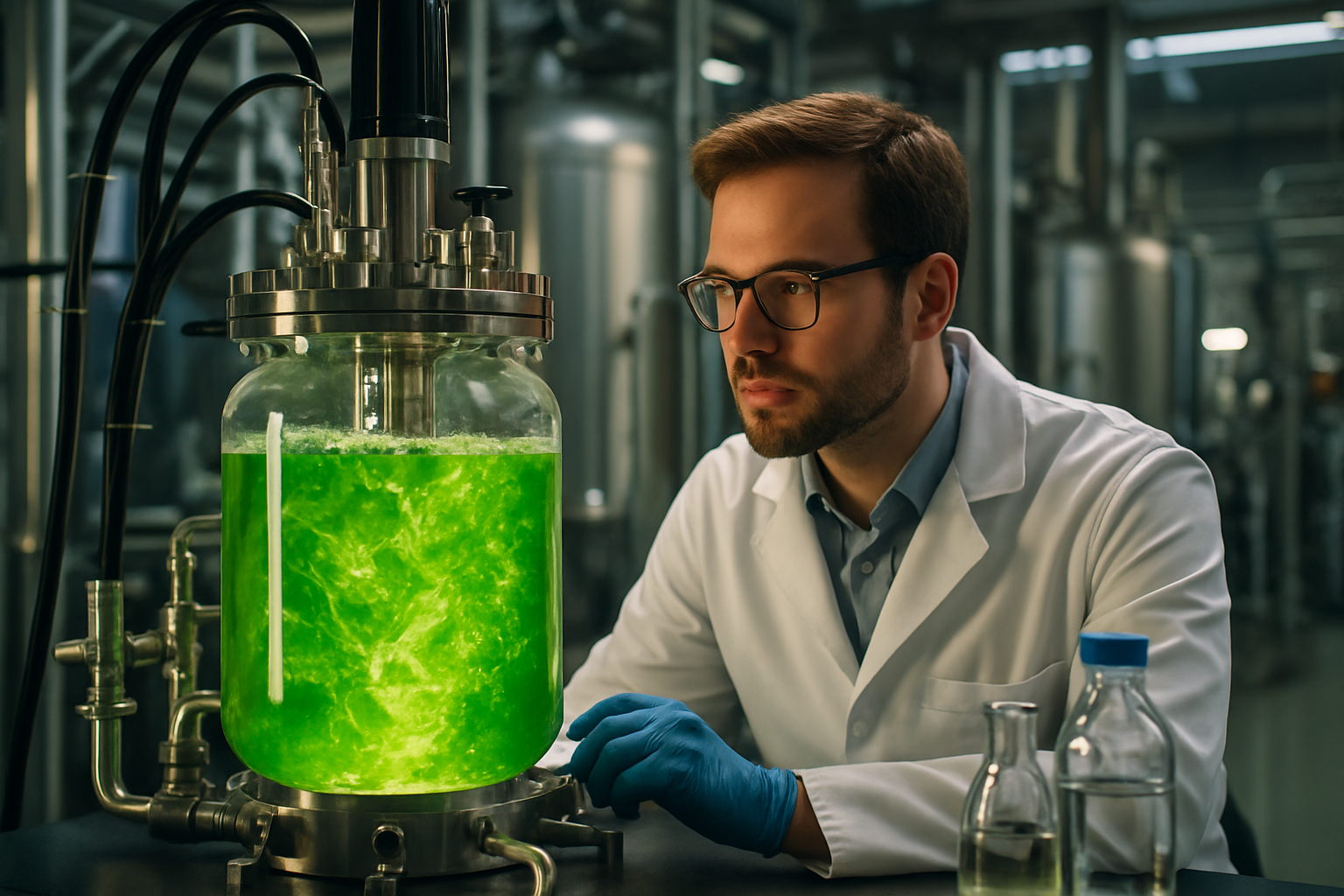Exploring the World of Automotive Biofuels: Beyond Ethanol
The roar of an engine, the smell of fuel, and the thrill of acceleration - these sensations have long defined our relationship with automobiles. But what if we could maintain that visceral connection while drastically reducing our environmental impact? Enter the fascinating realm of advanced automotive biofuels, a frontier where cutting-edge science meets the passion for driving.

The Genesis of Advanced Biofuels
The journey of biofuels in the automotive industry began with simple ethanol blends, but the field has since expanded dramatically. Early experiments with plant-based fuels date back to the dawn of the automobile era, with Henry Ford himself advocating for ethanol as a fuel source. However, the dominance of petroleum-based fuels quickly overshadowed these initial forays into biofuels.
As environmental concerns grew in the late 20th century, interest in alternative fuels rekindled. The first generation of biofuels, primarily corn-based ethanol, gained traction but faced criticism for competing with food crops. This led researchers and engineers to explore more advanced options that could offer superior performance and sustainability.
Algae: The Green Gold of Biofuels
Among the most promising advanced biofuels is algae-derived fuel. Unlike traditional crop-based biofuels, algae can be grown in non-arable land and even in wastewater, eliminating competition with food production. The potential yield of algae is staggering - some estimates suggest that algae could produce up to 60 times more oil per acre than land-based plants.
Algae biofuels boast a chemical composition remarkably similar to petroleum-based fuels, allowing for seamless integration into existing engine technologies. This compatibility means that drivers could potentially switch to algae-based fuels without any modifications to their vehicles, making it an attractive option for both manufacturers and consumers.
Synthetic Biology: Engineering the Perfect Fuel
Advancements in synthetic biology are pushing the boundaries of what’s possible in biofuel production. Scientists are now able to engineer microorganisms to efficiently convert various feedstocks into fuel molecules that closely mimic or even surpass the performance characteristics of traditional gasoline.
One exciting development in this field is the creation of synthetic yeasts capable of producing complex hydrocarbon molecules. These designer organisms can transform simple sugars into branched alkanes - the primary components of gasoline - with remarkable efficiency. The result is a biofuel that behaves almost identically to conventional gasoline in engines, offering the same power and performance without the associated carbon footprint.
Waste-to-Wheel: Turning Trash into Treasure
Another innovative approach in the advanced biofuels sector is the conversion of waste materials into high-quality fuel. This strategy not only provides a sustainable energy source but also addresses the growing problem of waste management.
Researchers have developed processes to transform various types of waste - from agricultural residues to municipal solid waste - into drop-in biofuels. These fuels are chemically indistinguishable from their petroleum-based counterparts, ensuring compatibility with existing engines and fuel infrastructure.
One particularly promising avenue is the conversion of plastic waste into fuel. Given the global plastic pollution crisis, the ability to turn this environmental hazard into a valuable energy source represents a win-win solution for both the automotive and waste management industries.
The Road Ahead: Challenges and Opportunities
While the potential of advanced biofuels is immense, several challenges must be overcome before they can become a mainstream reality. Scaling up production to meet global demand remains a significant hurdle, as does reducing the cost of these fuels to compete with traditional gasoline.
Additionally, the automotive industry must work closely with fuel producers to ensure that advanced biofuels meet the stringent performance and durability requirements of modern engines. This collaboration will be crucial in developing fuels that not only reduce emissions but also enhance engine performance and longevity.
Despite these challenges, the future of advanced biofuels in the automotive sector looks bright. As environmental regulations tighten and consumers demand more sustainable options, the incentive for developing and adopting these innovative fuels will only grow stronger.
A Greener Drive into the Future
The world of advanced automotive biofuels represents a thrilling convergence of environmental responsibility and automotive passion. As we stand on the cusp of this biofuel revolution, the possibilities are both exciting and transformative.
Imagine a future where the exhilaration of driving a high-performance vehicle comes with the satisfaction of knowing that your fuel source is renewable and environmentally friendly. Advanced biofuels have the potential to make this vision a reality, offering a path to sustainable mobility without compromising the joy and freedom that cars represent.
As automotive enthusiasts and conscientious global citizens, we have the opportunity to embrace this technology and drive change in the industry. The road to widespread adoption of advanced biofuels may be long, but it promises to be an exciting journey - one that could redefine our relationship with cars and the environment for generations to come.





